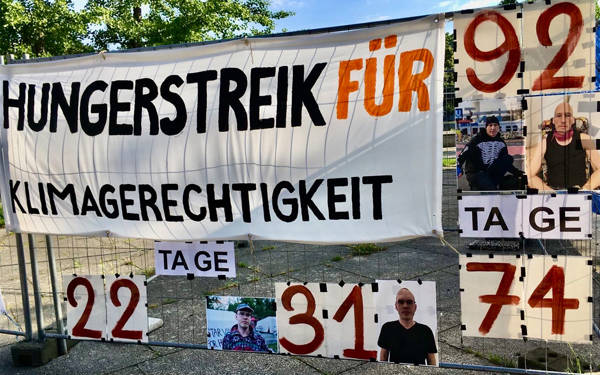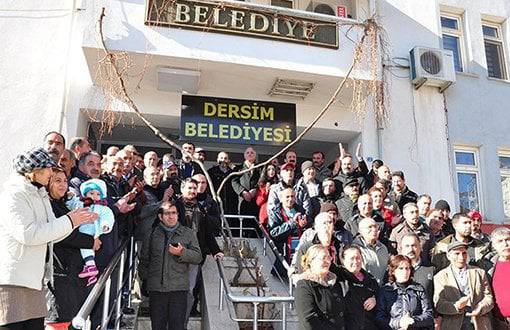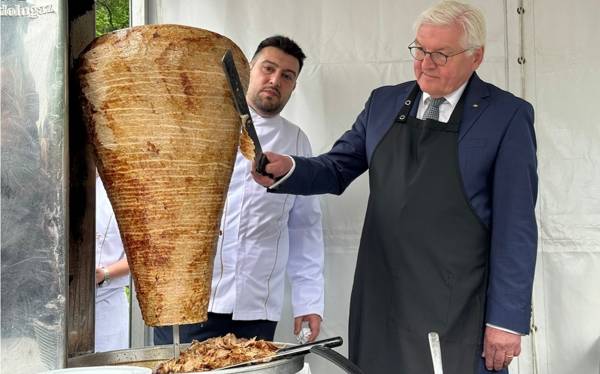At their annual press conference in May, Germany’s largest Islamic association, the Turkish-Islamic Union for Religious Affairs (DİTİB) announced that they will extend their imam training. Starting in 2025, 75 Turkish graduates of Islamic theology will be trained annually in Germany. This will include intensive training in language and culture as well as training related to their clerical and social work. The goal is to gradually replace the more than 1,000 Turkish-trained imams deployed to Germany by Diyanet, a measure seen as overdue for the integration and independence of the Muslim community in Germany. Instead of being deployed for four to five years, the German-trained Imams would commit to staying in Germany for at least ten years, preferably longer.
This follows an agreement reached by the German Ministry of the Interior, DİTİB, and the Turkish government to train 100 Islamic clerics per year in Germany while simultaneously reducing the number of imams sent from Turkey. So far, only 58 imams have been trained in DİTİB’s training center since 2019. The imams in DİTİB will no longer be supervised by the Turkish consulate but by the association itself. This aims to reduce foreign influence on Islamic communities in Germany.
The relationship between DİTİB and the German government has been strained over the last few years. When the central mosque in Cologne was inaugurated in 2018 by Turkish President Erdoğan, many German politicians considered this an affront to their country. The mayor of Cologne who supported the construction of the new central mosque was not invited. In 2023, a Taliban spokesperson talked in a DİTİB mosque, which was later condemned by the association saying they were not informed, and they condemn all forms of extremism. Further tensions arose after DİTİB was reluctant to distance themselves from Ali Erbaş, president of Diyanet and head of the 1,000 imams deployed to Germany, after his antisemitic statements following the Hamas attack on Israel.
“We need preachers who speak our language, know our country, and stand up for our values. We want imams to engage in interreligious dialogue and discuss questions of belief in our society.” Nancy Faeser, Germany’s Minister of Interior.
DİTİB also trains German graduates of Islamic theology, but the demand is not enough to reach the annual goal of 100 German-trained Imams. In Germany, students of Islamic theology are mainly female and DİTİB does not accept women as imams. Training of Turkish imams is still necessary according to Eyüp Kalyon, DİTİB secretary-general: “We anticipate a demand for the coming years and decades that we cannot meet with the applicants from our training program originating from the Islamic Studies Program (UIP) and the Centers for Islamic Theology here in Germany.”
DİTİB is the largest Islamic organization in Germany with around 900 affiliated mosque communities. It is controlled and financed by the Turkish Directorate of Religious Affairs, Diyanet. Diyanet deploys imams to Germany for four or five years, who are civil servants paid by the Turkish state and often have little to no knowledge of German language and culture. This practice has been criticized for years, as the imams are controlled directly by the Turkish government. There have been accusations of them being used for political influence and spying after the attempted coup in 2017, though it has not been proven.
(NS/DT)












